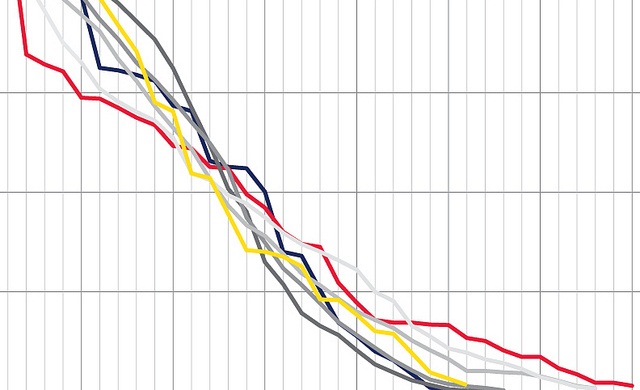Stock markets in Europe entered the red territory in Thursday trading in response to the latest revision of the World Bank of the outlook in the 17-member single currency union of the Eurozone and of the global economy.

Releasing its Global Economics Prospects, the World Bank said the Eurozone will contract even further – from 0.1% to 0.5% – by the end of 2013, echoing the European Central Bank’s forecast a week ago.
The bi-annual report pointed weak confidence as well as the ongoing restructuring of the banking and fiscal policies and high unemployment as contributing factors to the region’s further contraction in 2013.
Germany’s Dax Performance Index slid 1.4% to 8031.28 points, France’s CAC40 skidded 0.7% to 3,766.09 points, and UK’s FTSE100 lost 1.06% to 6.232.46 points by midday, London time, in reaction to the report.
Less Volatile, But Slower Growth
But whilst the World Bank sees a contraction by the end of this year, it said the region will grow by 0.9% in 2014 and by 1.5% in 2015, which, when achieved will break the chain of the region’s longest recession since its creation in 1999.
The ECB, in its own forecast released last week, stated Eurozone’s growth in 2014 will be around 1.1% but warned that a weaker domestic and global demand and slow implementation of structural reforms pose a risk of not achieving the targeted growth.
Eurozone’s deeper than expected recession, along with China’s expected decline in growth, also prompted the World Bank to cut its global outlook this year from 2.4% to 2.2%.
“The slowdown in the real economy is turning out to be unusually protracted,” according to World Bank’s Chief Economist and Senior Vice President, Kaushnik Basu, even as “markers of hope” in the financial sector are present.
But the report, nonetheless, stated that the global economy is in transition to a “smoother and less volatile period” with a risk of a major crisis less likely.


 Hot Features
Hot Features













